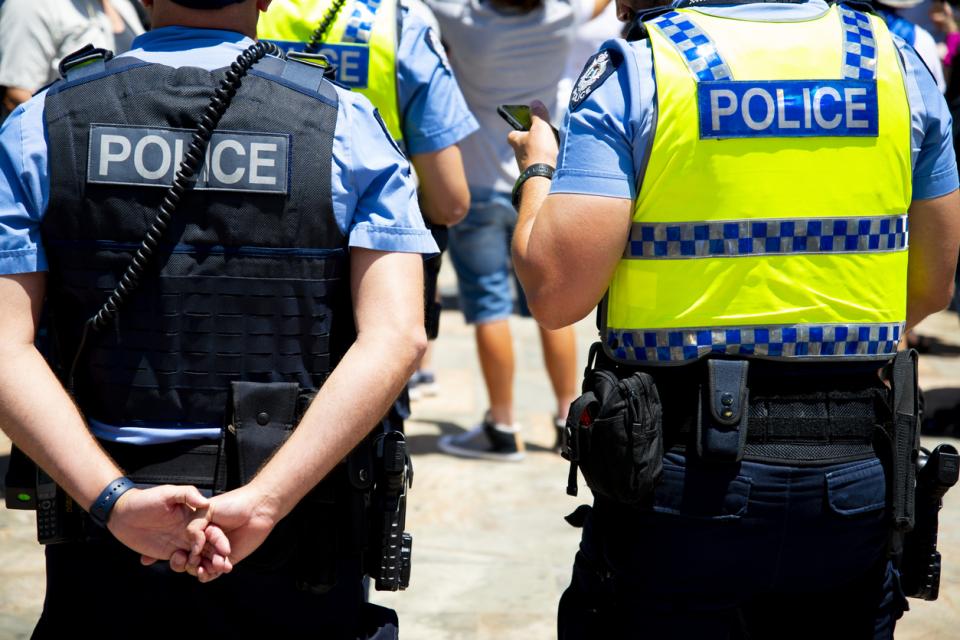Providing learning opportunities that address real-world issues and solutions while directly facilitating student impact can complement more theoretical content. Likewise, practitioners are often eager to hear student voices and contribute to the learning process. However, implementing these strategies can be challenging. Here, we discuss an attempt to bring the “outside in” by providing students with an opportunity to scrutinise incidents of police use of force through existing oversight mechanisms before discussing broader tips and lessons learned.
Earlier this year, the University of Exeter’s Criminology programme, the Devon and Cornwall Community Scrutiny Panel (the panel), and Devon and Cornwall Police collaborated to offer a novel learning experience for undergraduate students in an optional policing module. The panel serves as an independent forum with well-established processes for assessing police use of force. It facilitated “satellite scrutiny”, which transformed a two-hour teaching session into an opportunity for real-life police oversight with the panel.
The panel employed stratified random sampling to select police body-worn camera footage of use-of-force incidents, which was then presented by Devon and Cornwall Police, anonymised and redacted as necessary. Students could anonymously complete the panel’s scrutiny forms, provide verbal feedback and pose questions to police and panel representatives. Once compiled, the forms were used to deliver feedback directly to the officers involved and the area commander, contributing to the panel report. Both the police and the panel benefitted from hearing student perspectives. In contrast, students gained a unique learning experience that enhanced attendance and engagement, provided opportunities to practice transferable skills, and allowed them to network with professionals in the field.
- Spotlight guide: The evolution of authentic assessment
- Spotlight guide: Bringing GenAI into the university classroom
- Students need a balanced diet of assessment practices
Broader implications
While this is an innovative model – one that educators may wish to explore with various scrutiny groups in their regions – it also offers broader implications and tips for those looking to bring the “outside in”, including:
Engage with controversy and “speak truth to power”: we wondered if students would hesitate to provide feedback on such a sensitive topic, mainly since their feedback would go directly to the police. However, students embraced this opportunity, completing the anonymised forms and seizing the chance to express their concerns with police representatives verbally during the session.
Leverage non-traditional partnerships: while it is common to invite guest speakers from blue-light agencies into classrooms, our experience suggests that collaborating with a broader range of third-sector organisations – including, but not limited to, those engaged in scrutiny and accountability work, and groups that may not have formal statutory status – can prove valuable and serves as a reminder to reach out beyond the usual suspects.
Use available resources and pathways to impact: accessing existing resources and processes (e.g., standardised forms used by the panel and police) provided students with an authentic experience while reducing the workload for teachers and others.
Build trust between the public and the police: some students had never previously spoken to police in a critical or consultative context, and this session gave them the opportunity to do so confidently.
However, we also learned some lessons, and areas that need further consideration include:
Sensitivities and risks: while we adhered to the processes established by the panel and the police for providing scrutiny, we also implemented additional measures to minimise risks inherent in the classroom context. These measures included applying extra selection criteria, previewing the footage to ensure its suitability, directing students to the university’s well-being services, and refraining from recording the session. However, among other concerns, we recognise that this influenced the nature of the footage shared without eliminating the possibility that students might be negatively impacted.
It also created challenges for students who preferred recordings to reinforce their learning. We hope this will be somewhat alleviated by producing an anonymised report to document the session, which aligns with standard panel practice, as we consider exploring alternative solutions.
Time commitment: although we minimised workload whenever possible, running the session was inevitably time-consuming for everyone involved. Such initiatives may work best as part of an ongoing programme of collaboration, where there are opportunities to (re)run these sessions multiple times and where there is institutional support for and appreciation of the additional work involved.
Despite these challenges, we plan to revise and conduct similar sessions in the future – highlighting a key lesson not for the students but for us as educators. We must create opportunities for honest reflection among educators, students and partnership agencies, and establish an iterative process to facilitate further improvements. By doing so, we hope the limitations of such approaches will be eclipsed by their benefits.
Abi Dymond is an associate professor in Criminology at the University of Exeter. Nathan Kiyaga is a chair of the Devon and Cornwall Community Scrutiny Panel.
If you would like advice and insight from academics and university staff delivered direct to your inbox each week, sign up for the Campus newsletter.




comment